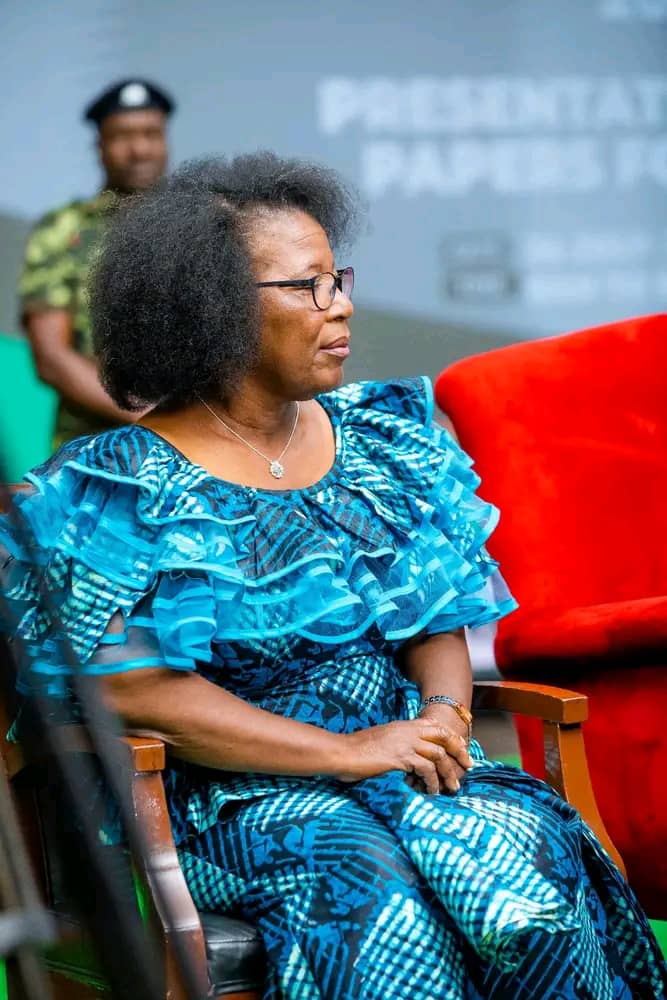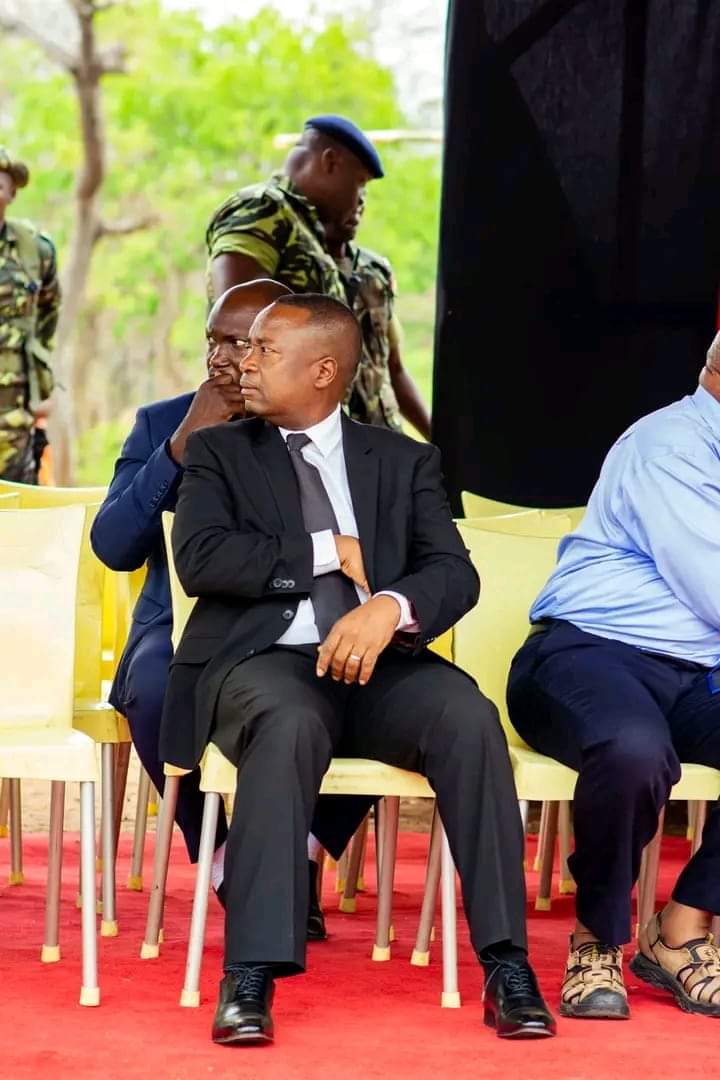By Burnett Munthali
In a bold and suggestive Facebook post, Bakili Muluzi TV has announced its intention to scrutinize all running mates in the 2025 presidential race.
The post declares, “Ma running mate onse tiwayika poyera,” which translates to “We will expose all running mates.”
This message signals a forthcoming wave of critical analysis or revelations about the various individuals selected to contest as vice presidents in the upcoming elections.
By stating this publicly, Bakili Muluzi TV positions itself as a platform willing to challenge political narratives and shine a light on both the strengths and weaknesses of each candidate.
The post further adds, “Mawa tikupanga za Jane Ansa,” meaning “Tomorrow we will focus on Jane Ansah.”
This specific mention of Jane Ansah, the newly announced running mate for Democratic Progressive Party (DPP) presidential candidate Professor Arthur Peter Mutharika, suggests that she will be the first subject of this planned exposé.
Given Jane Ansah’s high-profile history as a former Chairperson of the Malawi Electoral Commission and her controversial role during the 2019 elections, the announcement is already stirring public interest.
Supporters of the DPP may view this as an opportunity to highlight Ansah’s academic qualifications, legal expertise, and leadership experience.
Meanwhile, critics might expect the post to bring up contentious moments from her tenure at MEC, particularly the Constitutional Court ruling that nullified the 2019 election due to irregularities.
Regardless of perspective, the statement from Bakili Muluzi TV points to a growing trend in Malawian political discourse where digital platforms are taking the lead in shaping public opinion.
This move could potentially influence how voters perceive the credibility and competence of various running mates heading into the decisive 2025 polls.
As the political climate heats up, all eyes will now be on tomorrow’s promised post about Jane Ansah, which could either reinforce her suitability or deepen divisions within the electorate.
In an era where social media has become a potent political force, Bakili Muluzi TV’s promise to “expose” is not just a media strategy—it is a declaration of digital engagement in the democratic process.




